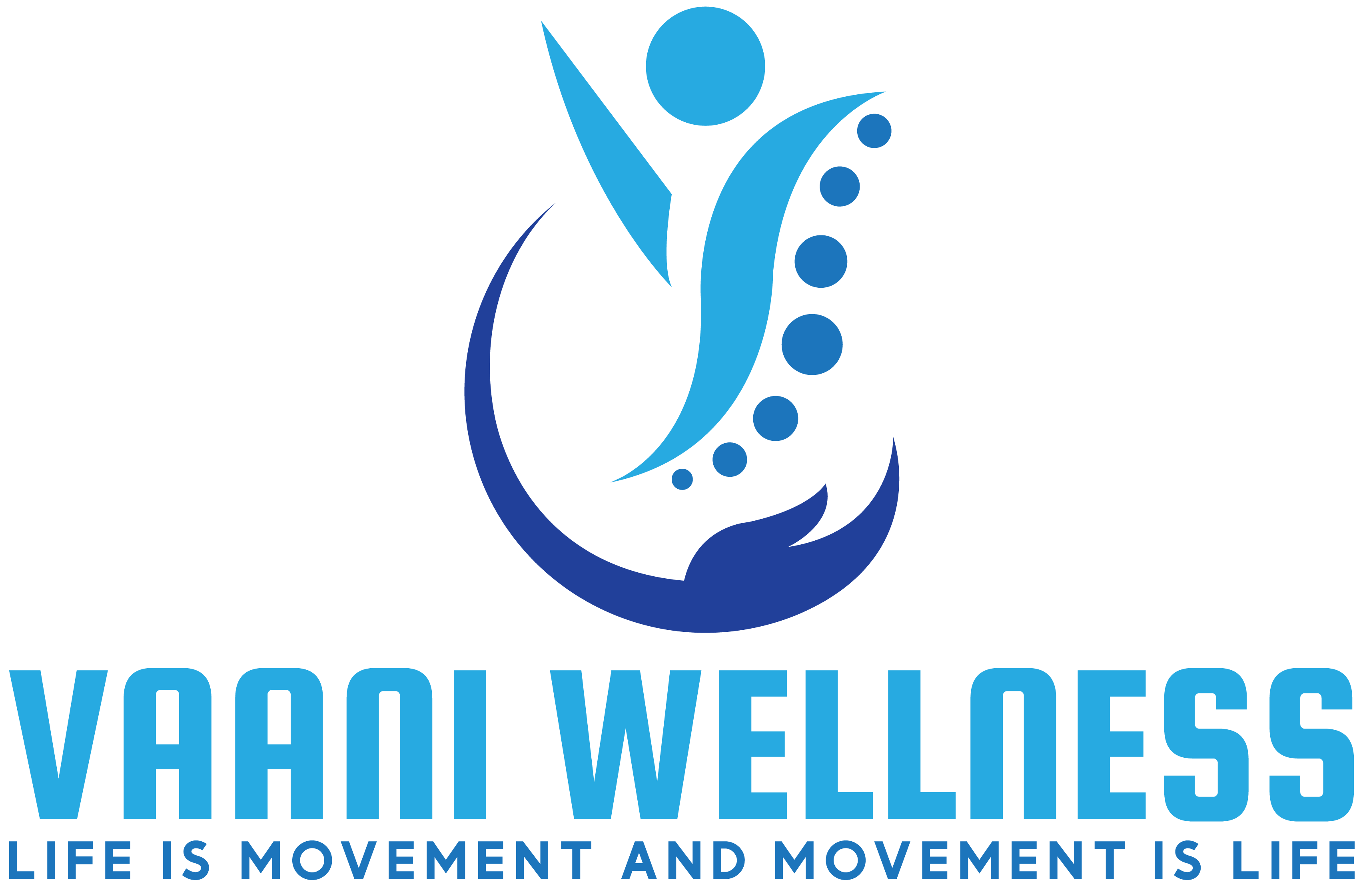
Down Syndrome
Down Syndrome: A genetic condition caused by the presence of an extra copy of chromosome 21. It affects physical and intellectual development, often leading to characteristic features like a flat facial profile, small stature, and developmental delays. With proper support, individuals with Down syndrome can lead fulfilling lives.
Conditions Associated with Down Syndrome
- Flattened Face:
A characteristic facial profile with a flat nasal bridge is a common feature of individuals with Down syndrome. - Almond Eyes:
Eyes with an upward slant and sometimes a fold of skin at the inner corners (epicanthic fold) contribute to the distinct appearance. - Small Ears:
Ears may be smaller than average, with a unique shape that is often noticed in infancy. - Short Stature:
Individuals with Down syndrome often have below-average height for their age and delayed growth compared to their peers. - Low Muscle Tone:
Hypotonia, or reduced muscle strength and firmness, can affect motor skill development and posture. - Learning Delays:
Cognitive development in Down syndrome is typically slower, resulting in mild to moderate intellectual disabilities. Early interventions can help improve learning outcomes. - Heart Defects:
Nearly half of individuals with Down syndrome are born with congenital heart conditions, ranging from mild to severe, often requiring medical treatment. - Vision Problems:
Eye conditions such as cataracts, farsightedness, and strabismus (misalignment of the eyes) are prevalent and may need correction through glasses or surgery. - Hearing Loss:
Hearing impairments, often due to fluid in the middle ear or structural differences, can affect communication and development. - Thyroid Issues:
Thyroid dysfunction, particularly hypothyroidism, is common and can affect growth, metabolism, and energy levels. - Sleep Apnea:
Obstructive sleep apnea occurs frequently due to airway differences, impacting sleep quality and overall health. - Digestive Disorders:
Conditions such as celiac disease and gastrointestinal blockages are more prevalent and may require dietary adjustments or medical care. - Immune Weakness:
A compromised immune system increases susceptibility to infections and illnesses. - Orthopedic Instability:
Loose ligaments and joint flexibility can lead to orthopedic problems, including atlantoaxial instability (instability in the neck vertebrae). - Alzheimer’s Risk:
Adults with Down syndrome are at an elevated risk for early-onset Alzheimer’s disease due to the extra copy of chromosome 21, which affects brain health.
Managing These Conditions
With early intervention, regular medical care, and appropriate therapies, many of these challenges can be managed effectively. Tailored support allows individuals with Down syndrome to lead healthier and more independent lives.

